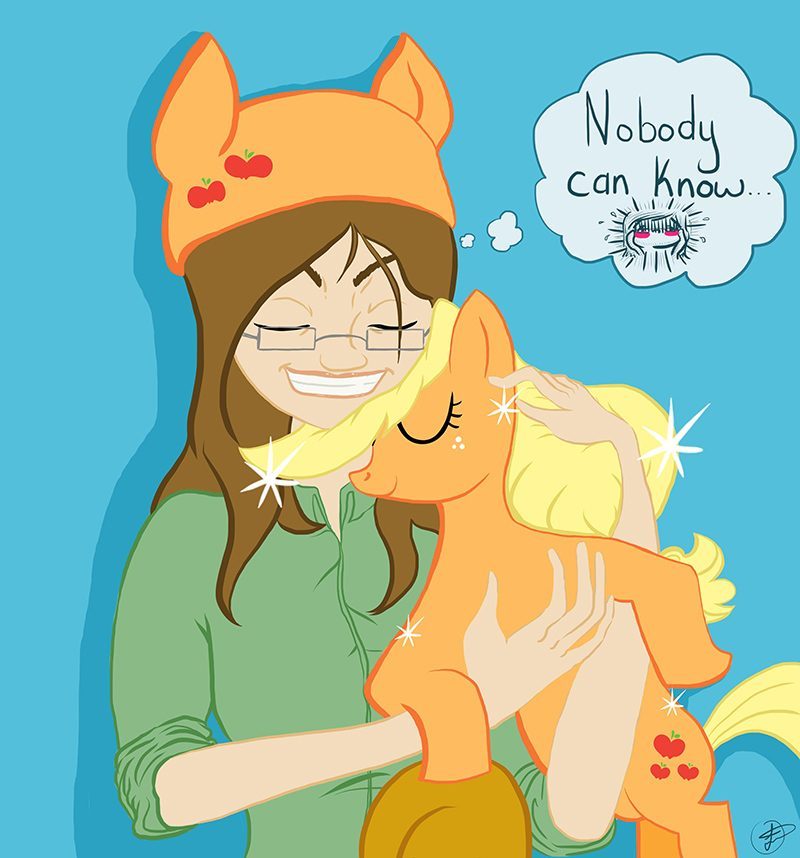Arresting the guilty pleasures and why they’re not so guilty


It seems ridiculous that our culture has conflated the feelings of shame with the feelings of pleasure when it comes to our tastes in entertainment, but here we are.
The idea of the “guilty pleasure” has become an everyday thought. It’s pronounced — no matter who you come across, no matter what walk of life they come from, you are guaranteed that they will most likely have one or two things they are embarrassed to admit they enjoy.
A cheesy movie, a dorky song, an awful book: no matter the media, they give someone a sense of enjoyment and (for some reason) our culture likes to present the idea that this is somehow wrong.
The guilty pleasure is, and always has been, a fallacy.
Predicated on this asinine idea that you are restricted from enjoying a certain piece of media, the “guilty pleasure” is the safeguard tactic that protects you from the judgemental impressions of popular thought.
It’s a way of saying “I like it, but not really. Trust me guys, I normally have GOOD taste.”
How can we feel like we have compromised our own standards of conduct or a moral standard when, as the title would imply, we enjoy it? We shouldn’t have to provide solid reasoning for liking something when our personal tastes are the only standard we use.
Who is making us feel this guilt and shame over our enjoyment of our entertainment? Who is looking down on me when I put on a Scorpions album or watch Freddy got Fingered for the umpteenth time?
The criteria for guilty pleasure has always been enjoying something that is not often held in high regard, but if we are dealing with an entirely emotional response, we shouldn’t have to quantify our enjoyment by whether or not it was well received by the culture at large.
Obviously, no one close to you is making you feel bad about your media choices, so why do we feel the need to backhandedly insult the thing we like when we tell others that we enjoy it?
Normally it is self-imposed — a personally upheld shame and unwillingness to commit to the things we like or enjoy. We create this category of “guilty pleasure” as an excuse, where we hold them at arms length and never fully embrace them because of a perceived cultural impression.
We’ll watch and listen to them and revel in the joy they create for us, but always from a safe distance that rewards us some deniability. In effect, we just lie to ourselves.
I am for the abolishment of this term and advocate for a new honesty with ourselves. Guilt should never come into question when you find yourself enjoying a badly received film or singing along to a low ranked album.
It is never healthy to live in denial, even a casual and irrelevant one such as an unwillingness to admit you really liked The Adventures of Pluto Nash. Yes, you can still acknowledge you are of the minority of people who like it, but never feel the need to say your enjoyment is hampered by a guilt. That only allows you to continue lying to yourself about your own sense of taste.
Embrace it and don’t feel the need to justify something that makes you happy to people who should never affect that opinion.


